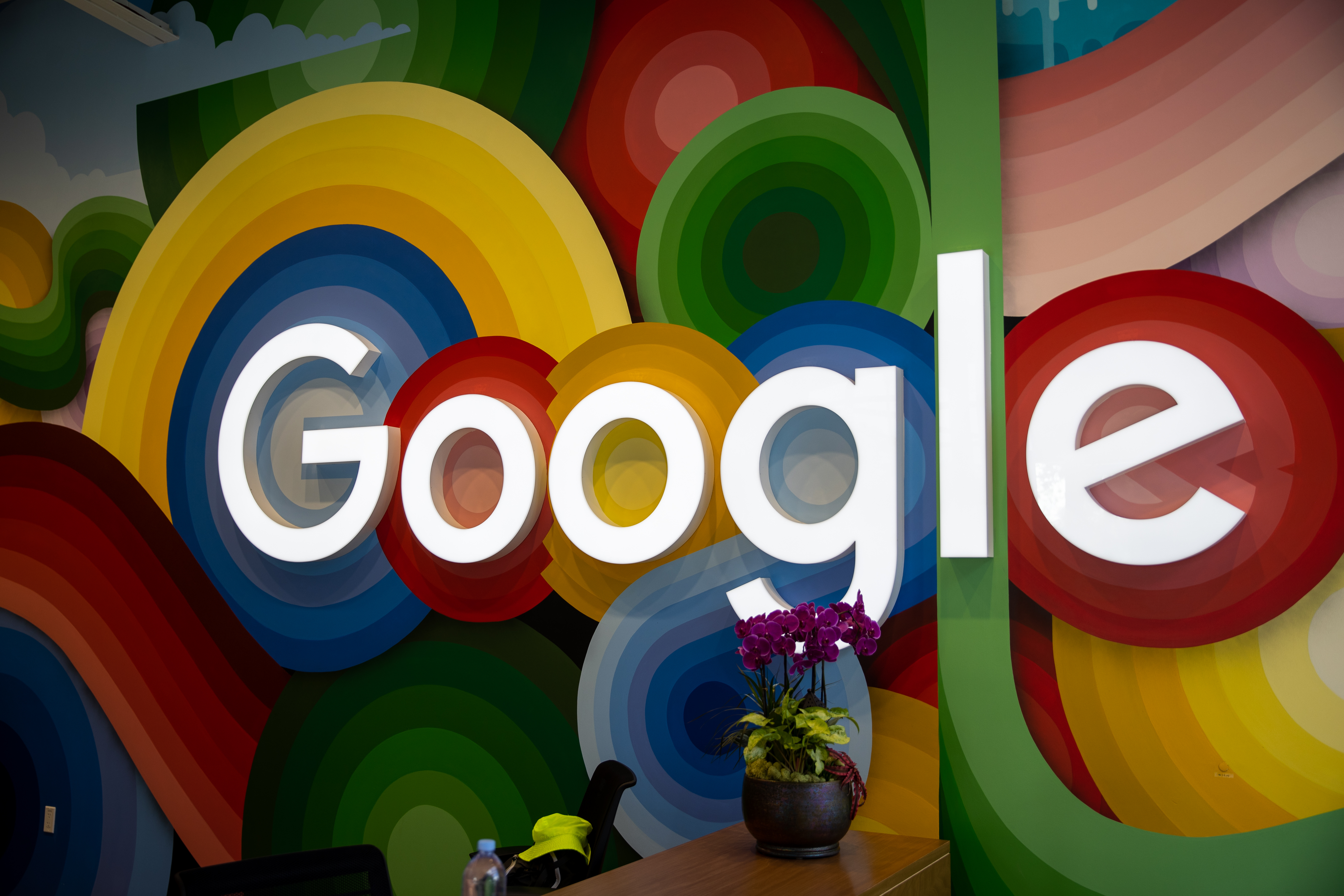Twitter Extends Video Length: Paid Users Can Now Upload Two-Hour Long Videos

Title 1: Google's Plan to Disable Third-Party Cookies Title 2: What Does This Mean for Chrome Users? Title 3: The End of Personalized Advertising? Title 4: A New Era of Privacy on the Web
Google recently announced its plan to disable third-party cookies for 1% of Chrome users in the first quarter of 2024. The move comes as a part of Google's ongoing efforts to prioritize user privacy on the web. Here's what you need to know about this change and what it could mean for the future of online advertising and user tracking.
Google's Plan to Disable Third-Party Cookies
Third-party cookies are bits of code that websites place on users' browsers so that advertisers can track their online behavior and serve them more personalized ads. This type of tracking is common across the web, but it has long been criticized for violating users' privacy rights.
Google's plan to disable third-party cookies is a significant step towards giving users more control over their data and ensuring that their privacy is protected. Instead of using these cookies, Google will implement a new system called the "Privacy Sandbox," which is aimed at preserving personalized advertising while safeguarding user privacy.
What Does This Mean for Chrome Users?
For the vast majority of Chrome users, this change may not have a significant impact on their browsing experience. The 1% of users that will be affected by this change are those who have not opted for cookie-blocking features, such as disabling third-party cookies or using a content blocker like uBlock Origin.
If you are one of these users, you may notice a few changes in the ads that are served to you. Instead of seeing ads that are personalized based on your web browsing history, you may see more generic ads that are not relevant to your interests. However, this does not mean that personalized advertising is ending altogether. Google is working on alternative solutions that will allow advertisers to deliver personalized ads without relying on third-party cookies.
The End of Personalized Advertising?
The end of third-party cookies does not necessarily mean the end of personalized advertising. Advertisers will still be able to use first-party data, such as your purchase history or website interactions, to serve you more relevant ads. Additionally, Google is working on new technologies that will enable advertisers to target specific audiences without tracking individual users.
One of these technologies is called Federated Learning of Cohorts (FLoC), which groups users into "cohorts" based on their interests and browsing history. Advertisers can then target ads to these cohorts without identifying individual users. This approach is more privacy-friendly than third-party cookies as it does not track individual behavior.
A New Era of Privacy on the Web
Google's plan to disable third-party cookies is just one part of a broader trend towards greater user privacy on the web. Many other tech companies, including Apple and Mozilla, have already implemented similar measures to block third-party cookies in their web browsers.
While advertisers may face some challenges adapting to these changes, it is ultimately a positive development for users who value their privacy. As we move towards a new era of privacy on the web, companies that prioritize user privacy and transparency are likely to be the ones that succeed in the long run.
Comment
Popular Posts
- 1
- 2
- 3
- 4
- 51 year ago
Latest Posts
- 12 minute ago
- 2
- 3
- 4
- 5
Categories
- World 13201 Post
- Knitting 18 Post
- General 17 Post
- Travel 183 Post
- Technology 12250 Post
- Movies and Series 14101 Post














There are no comments yet.